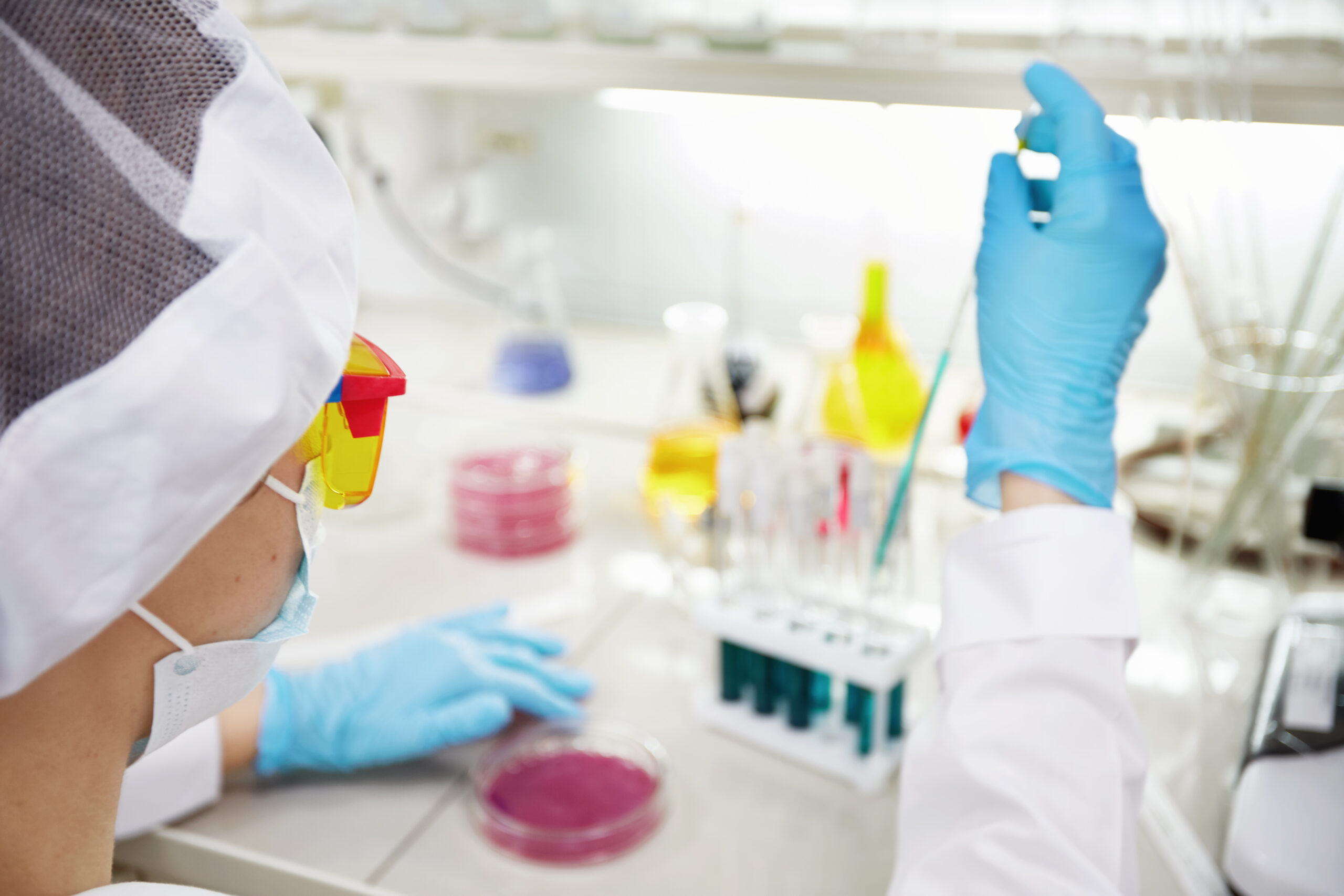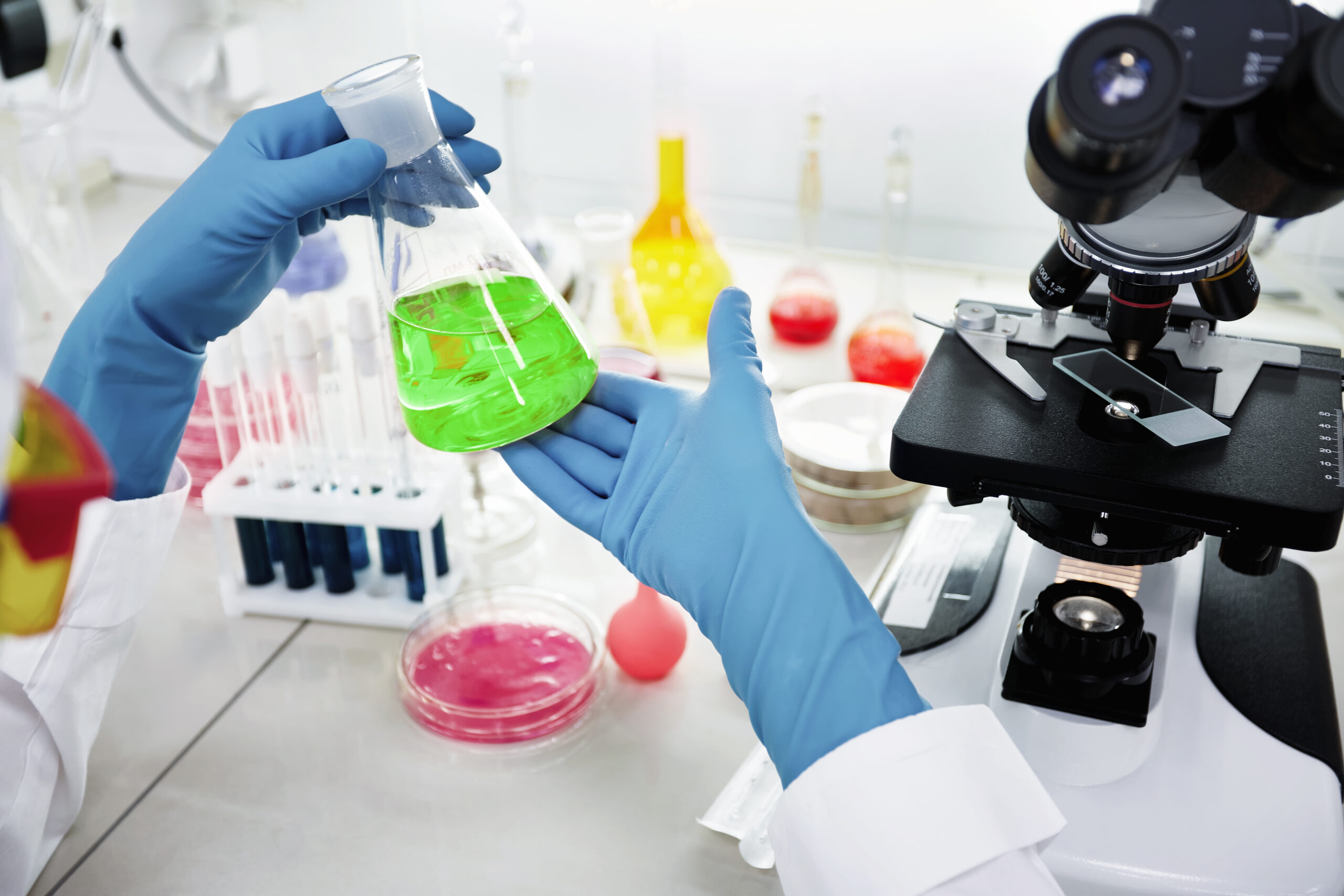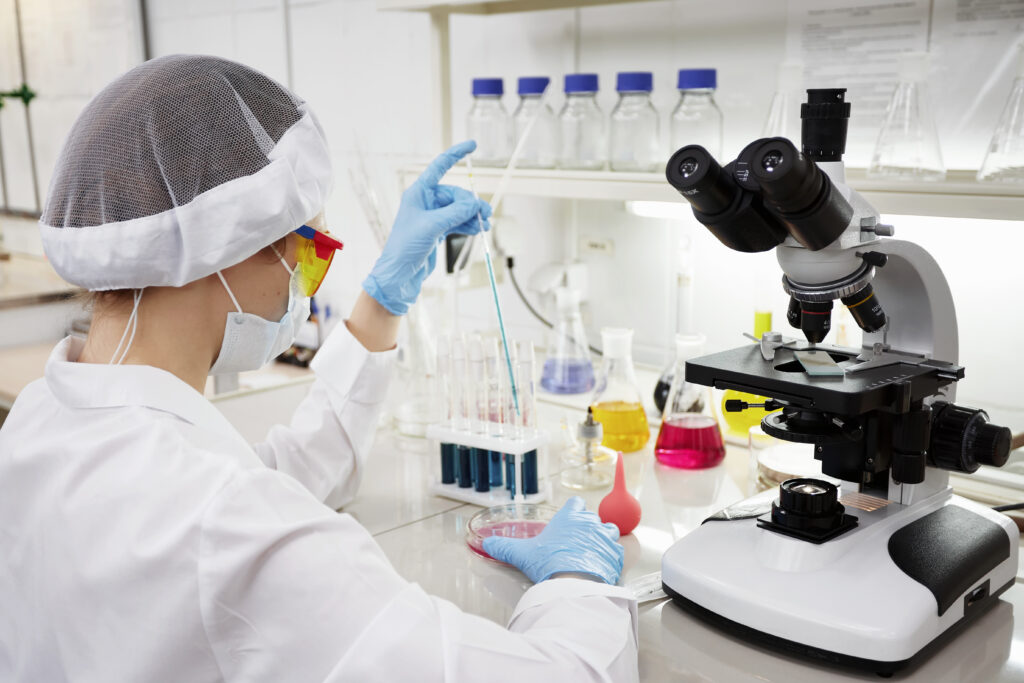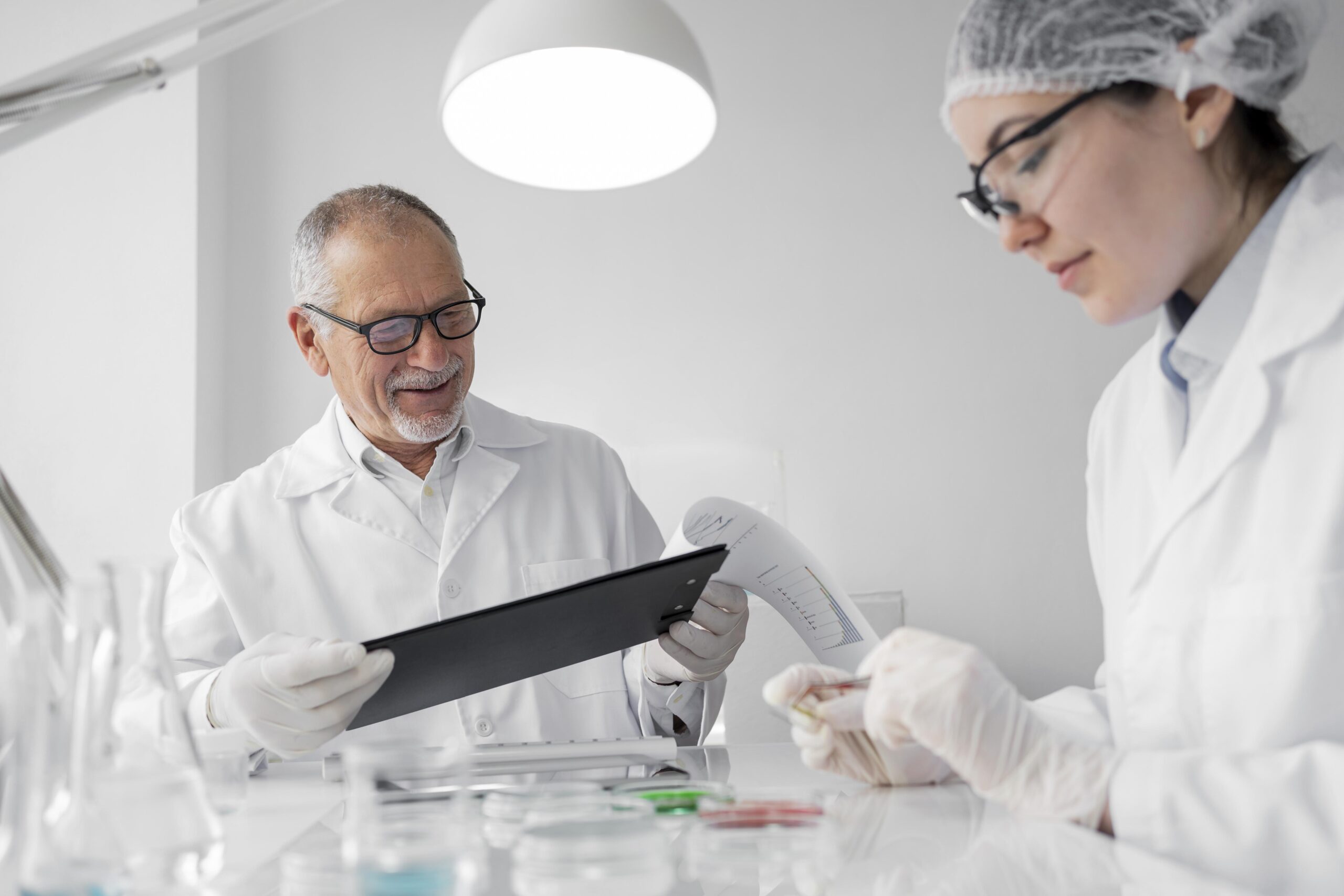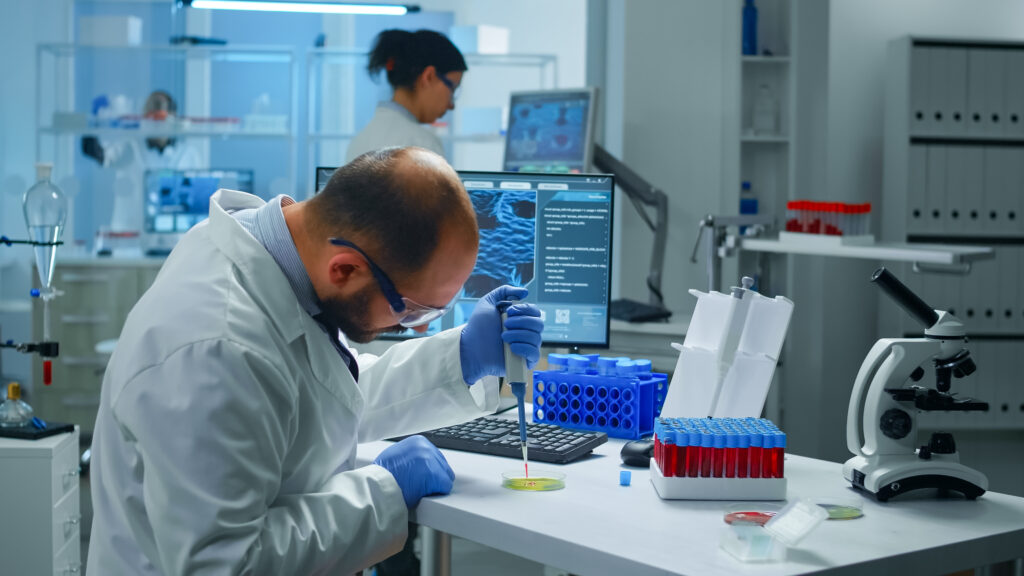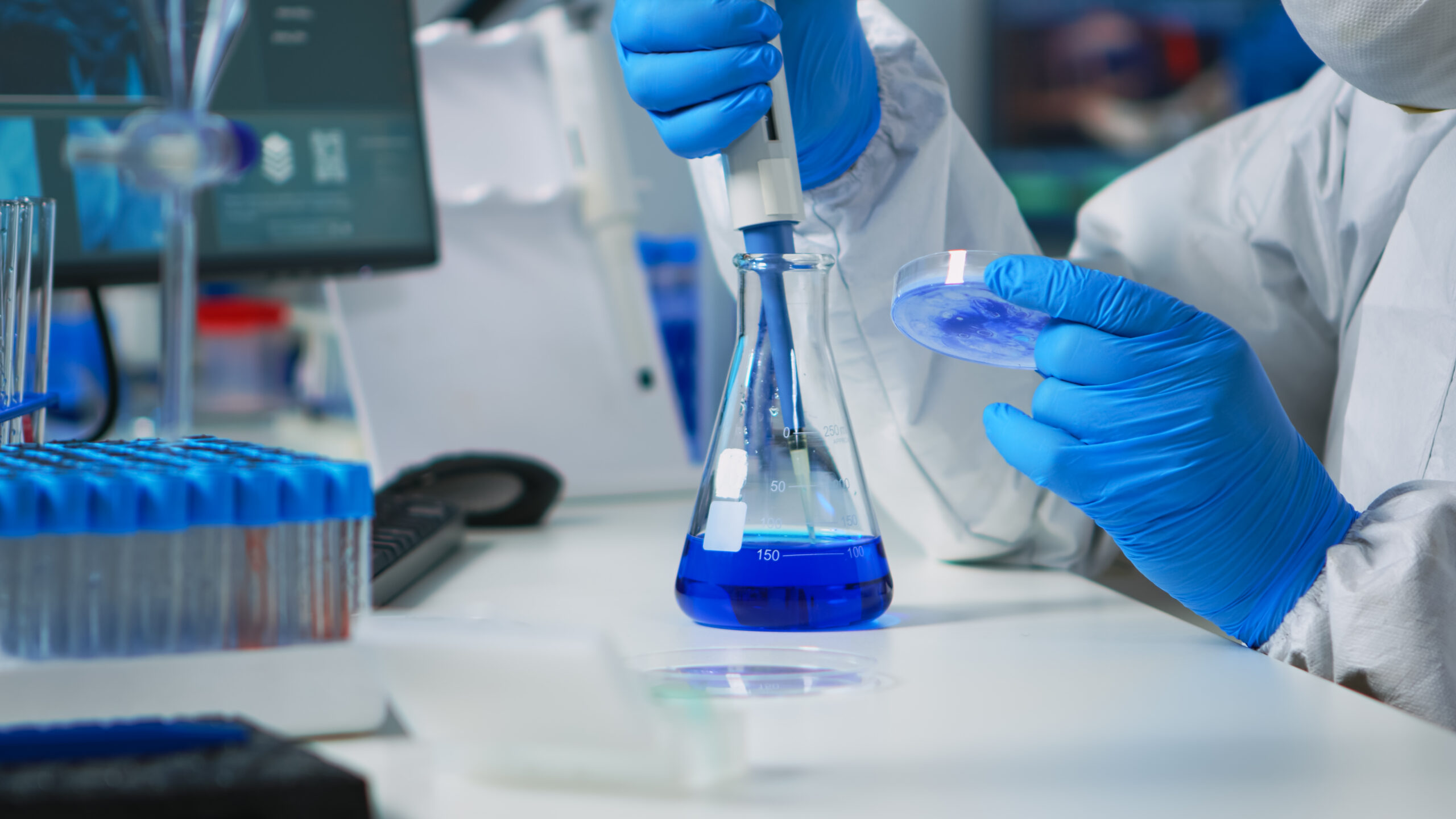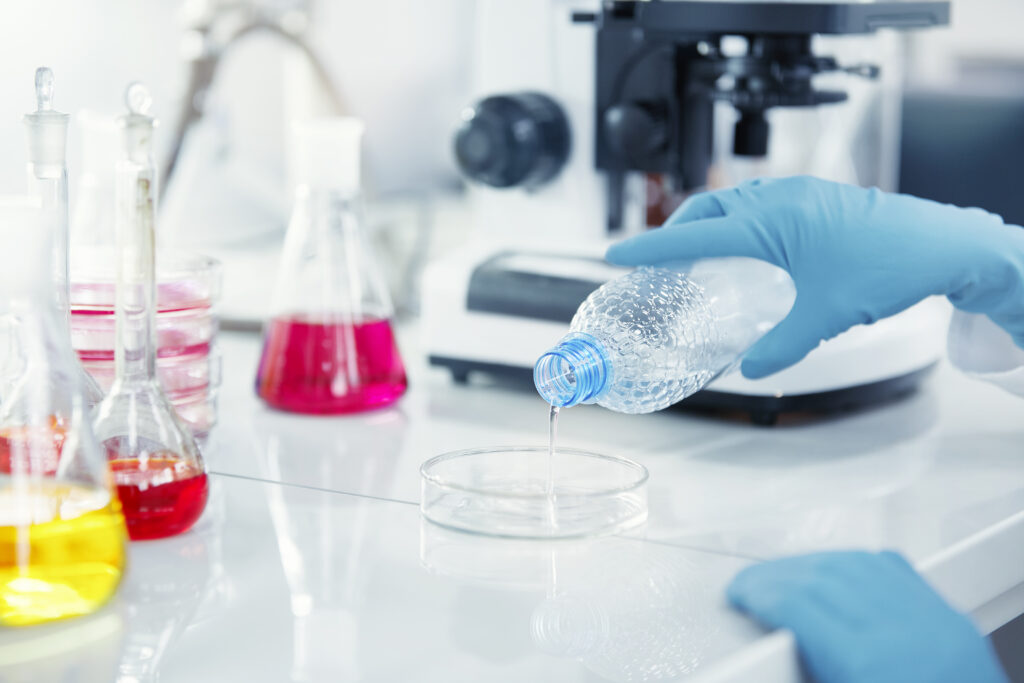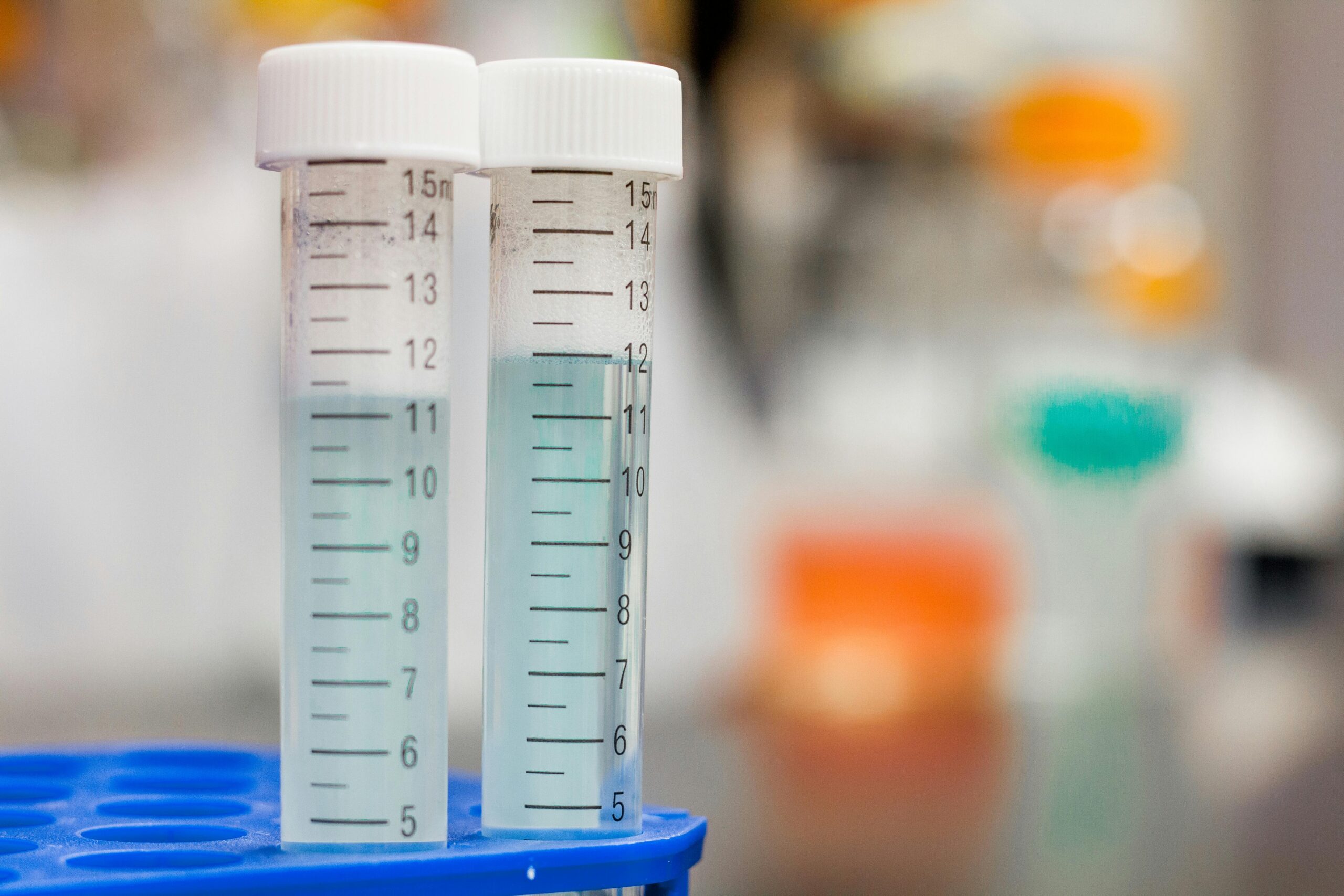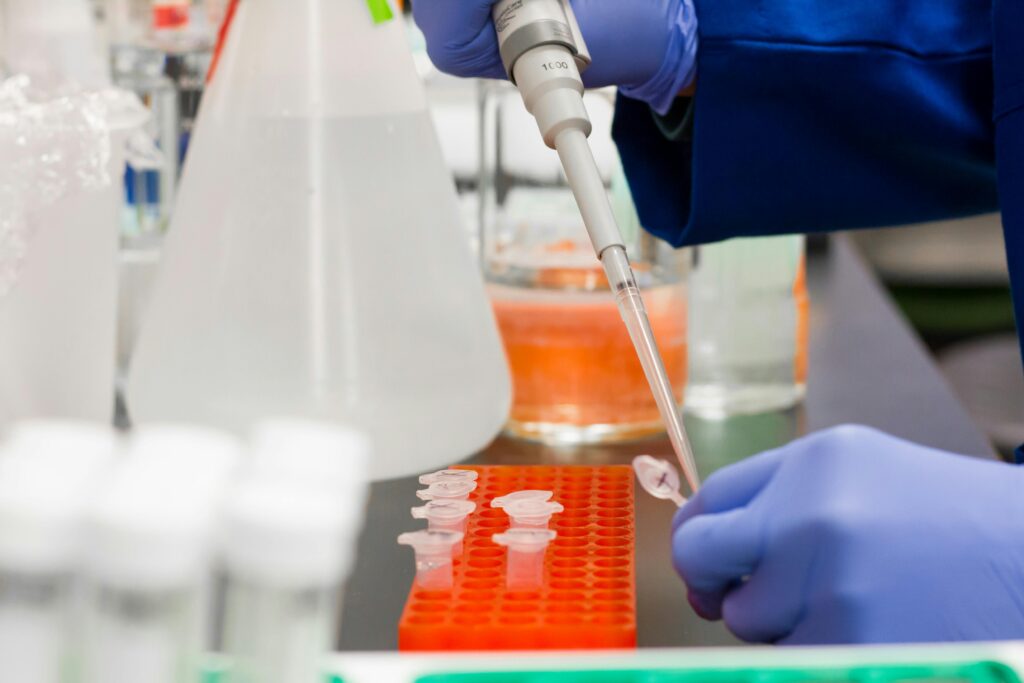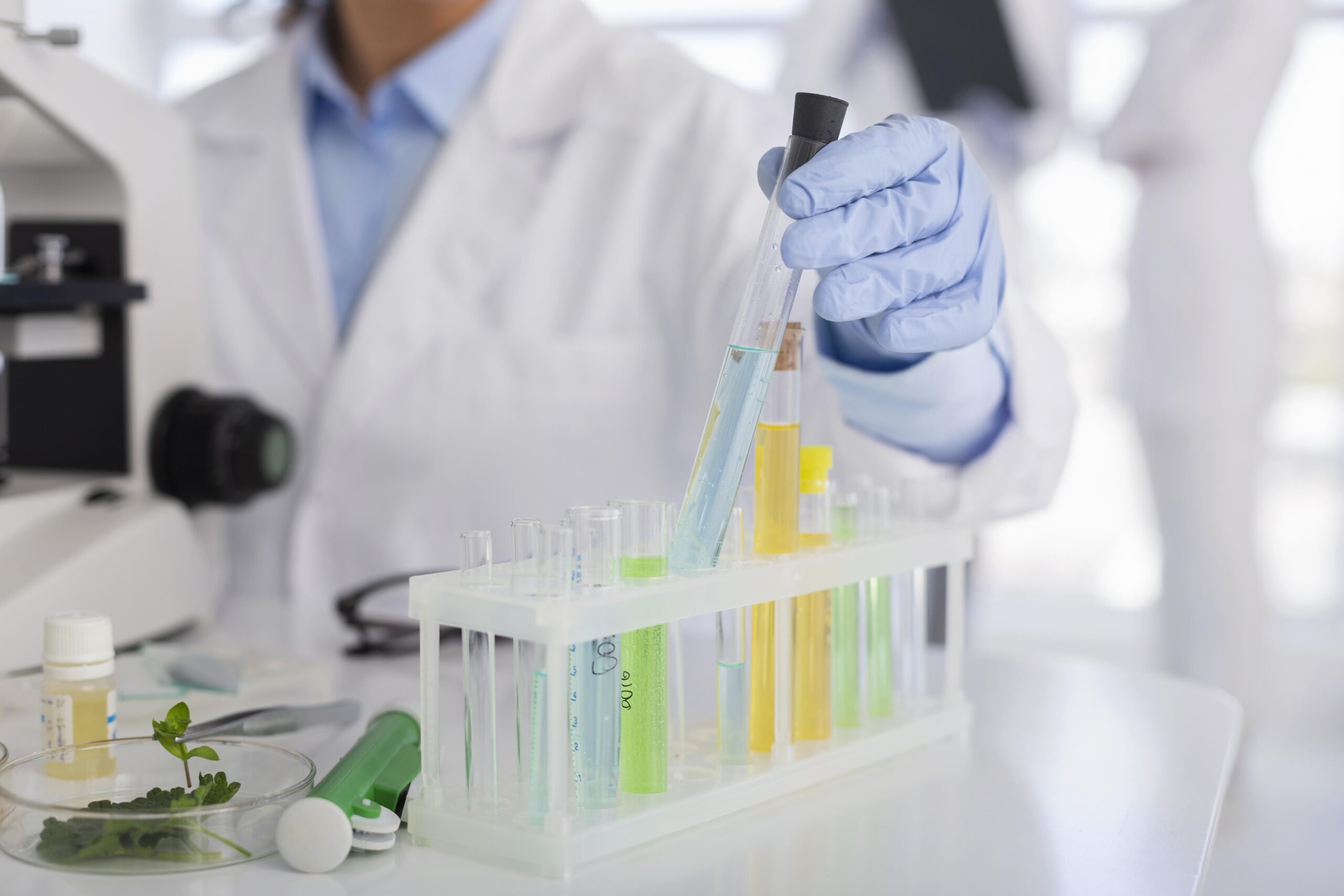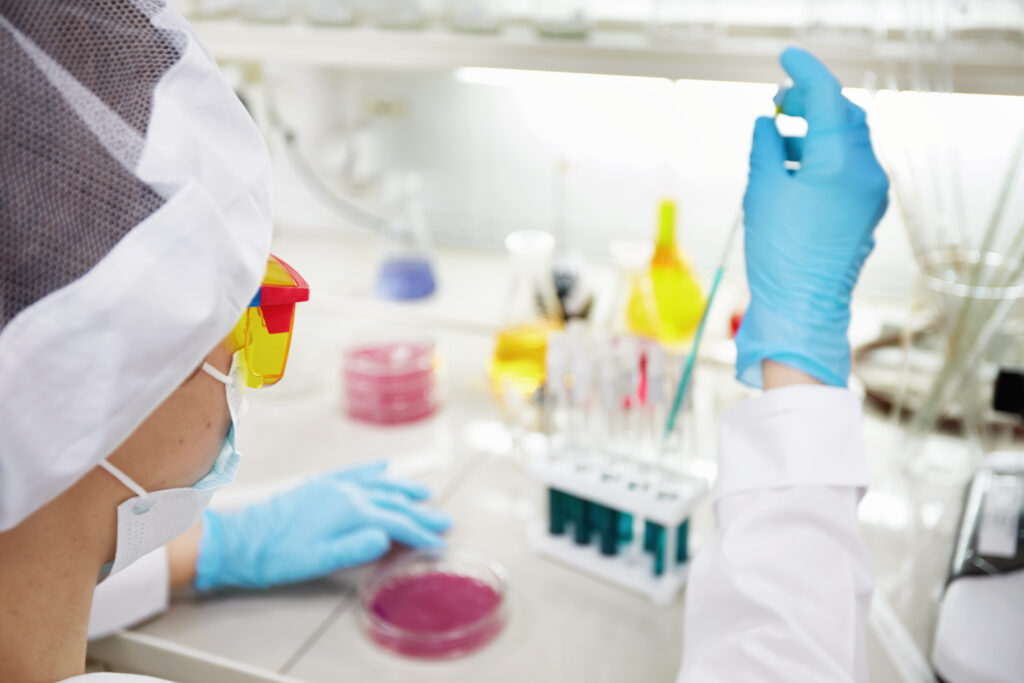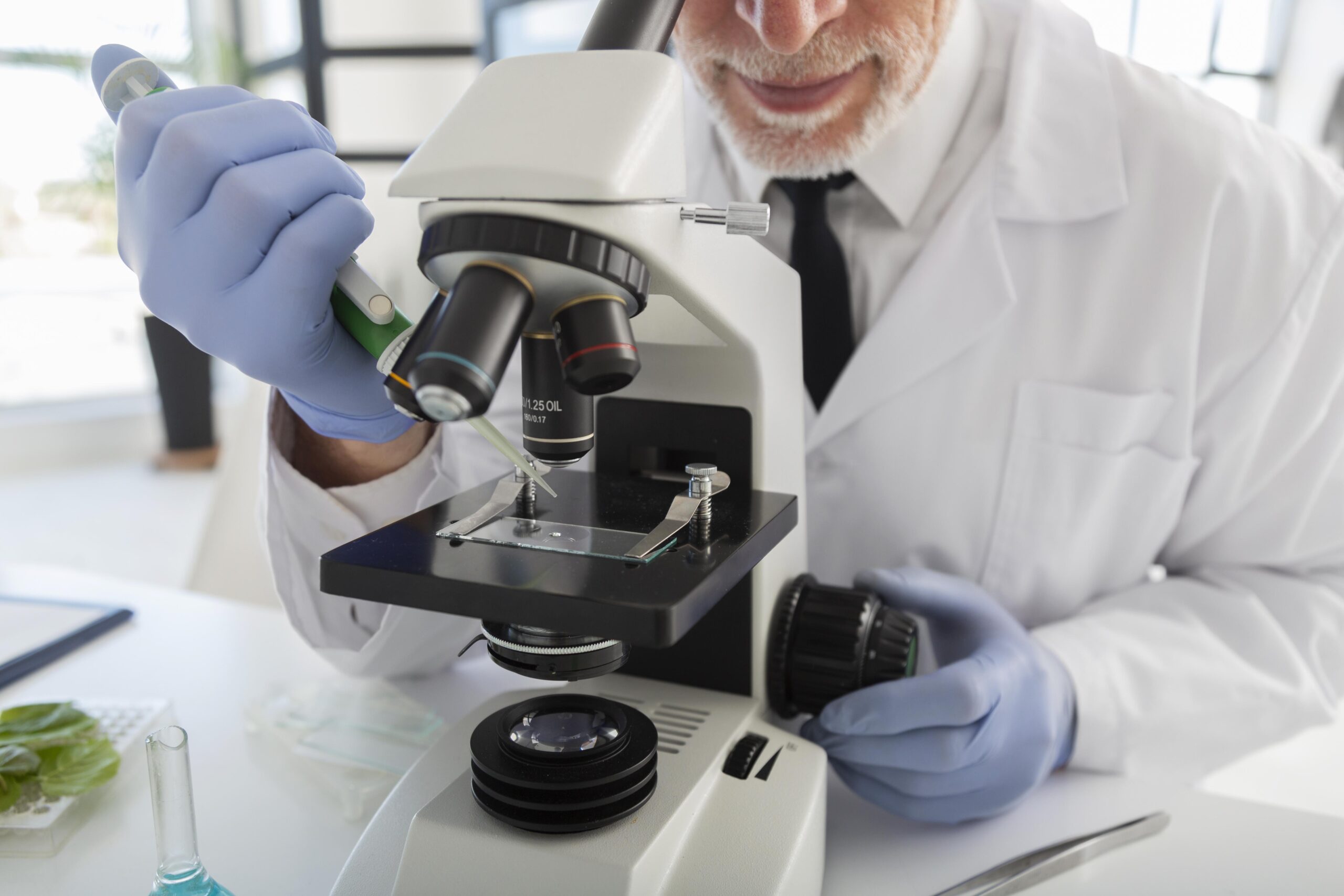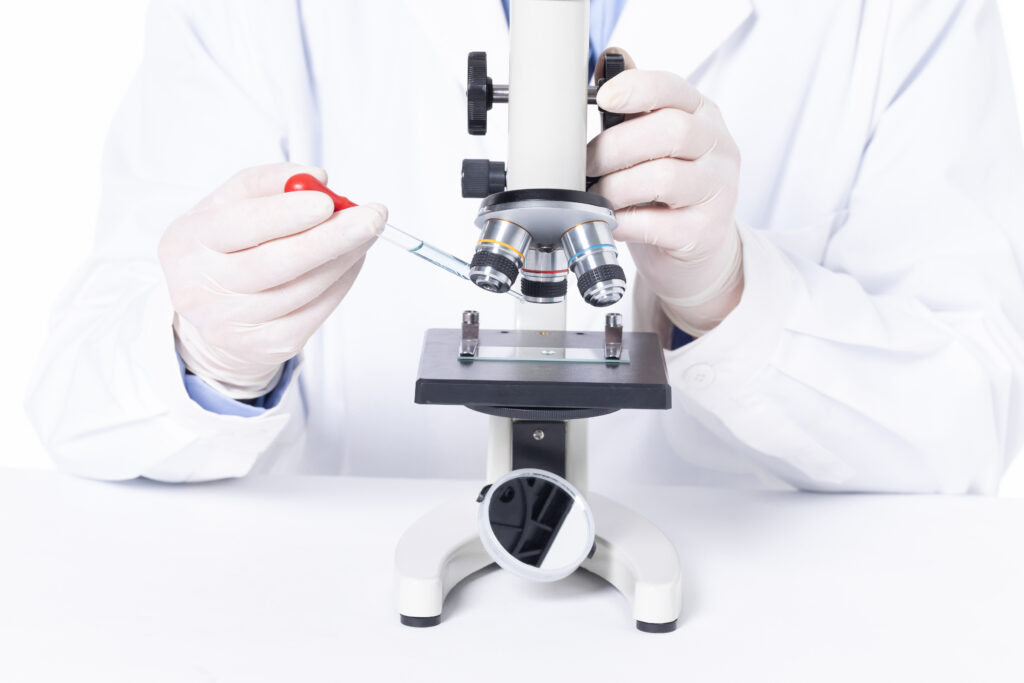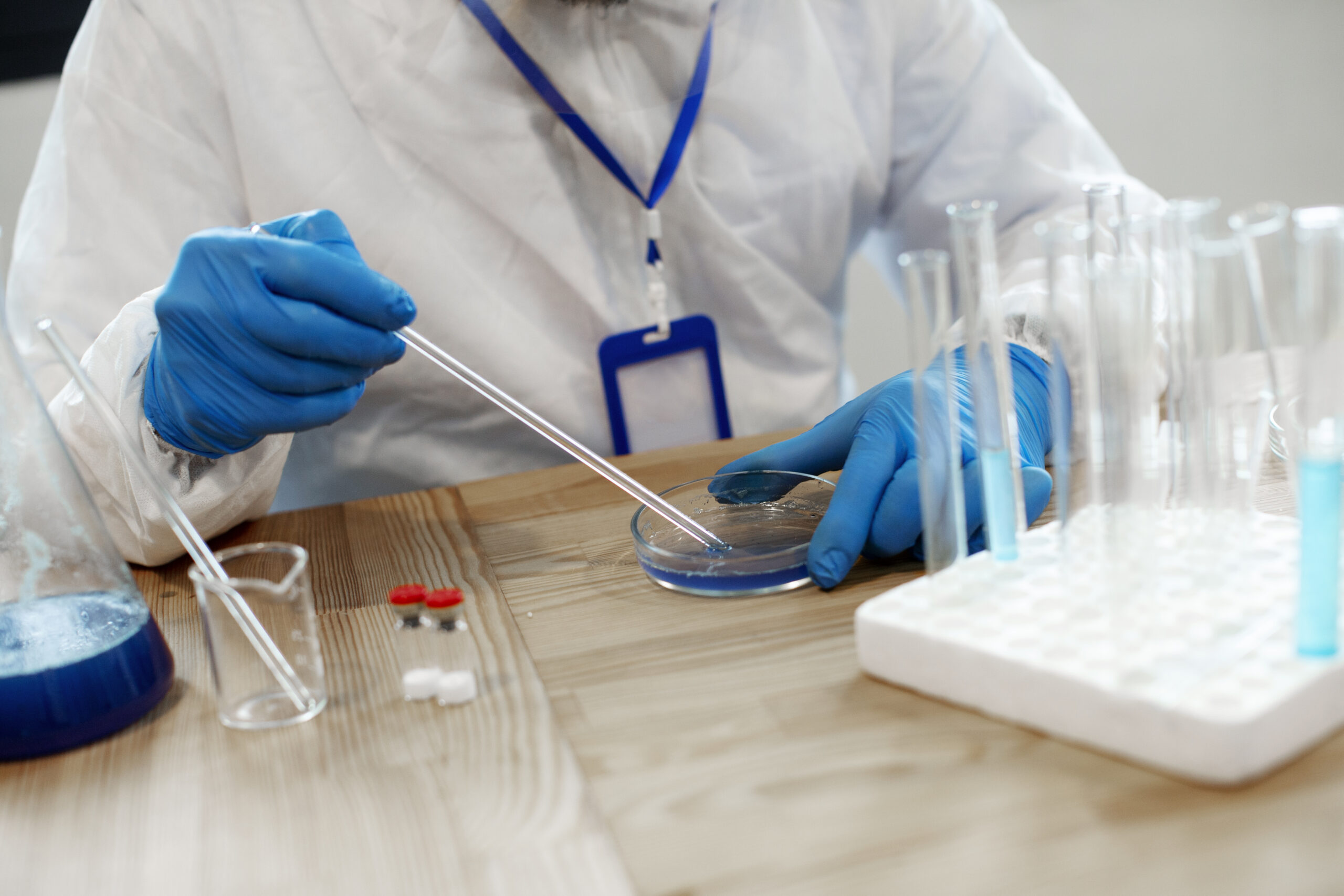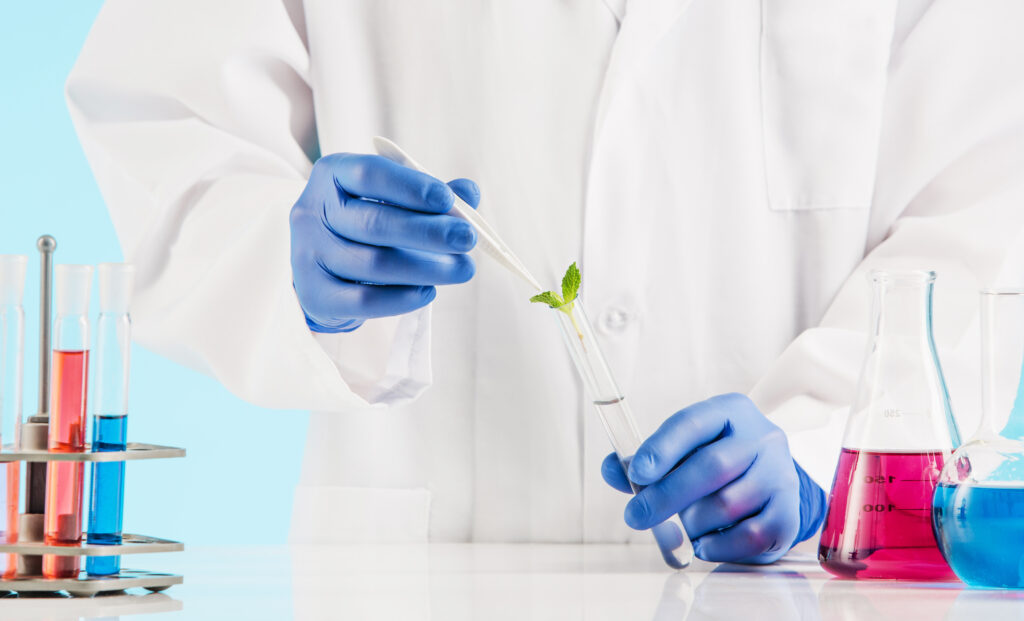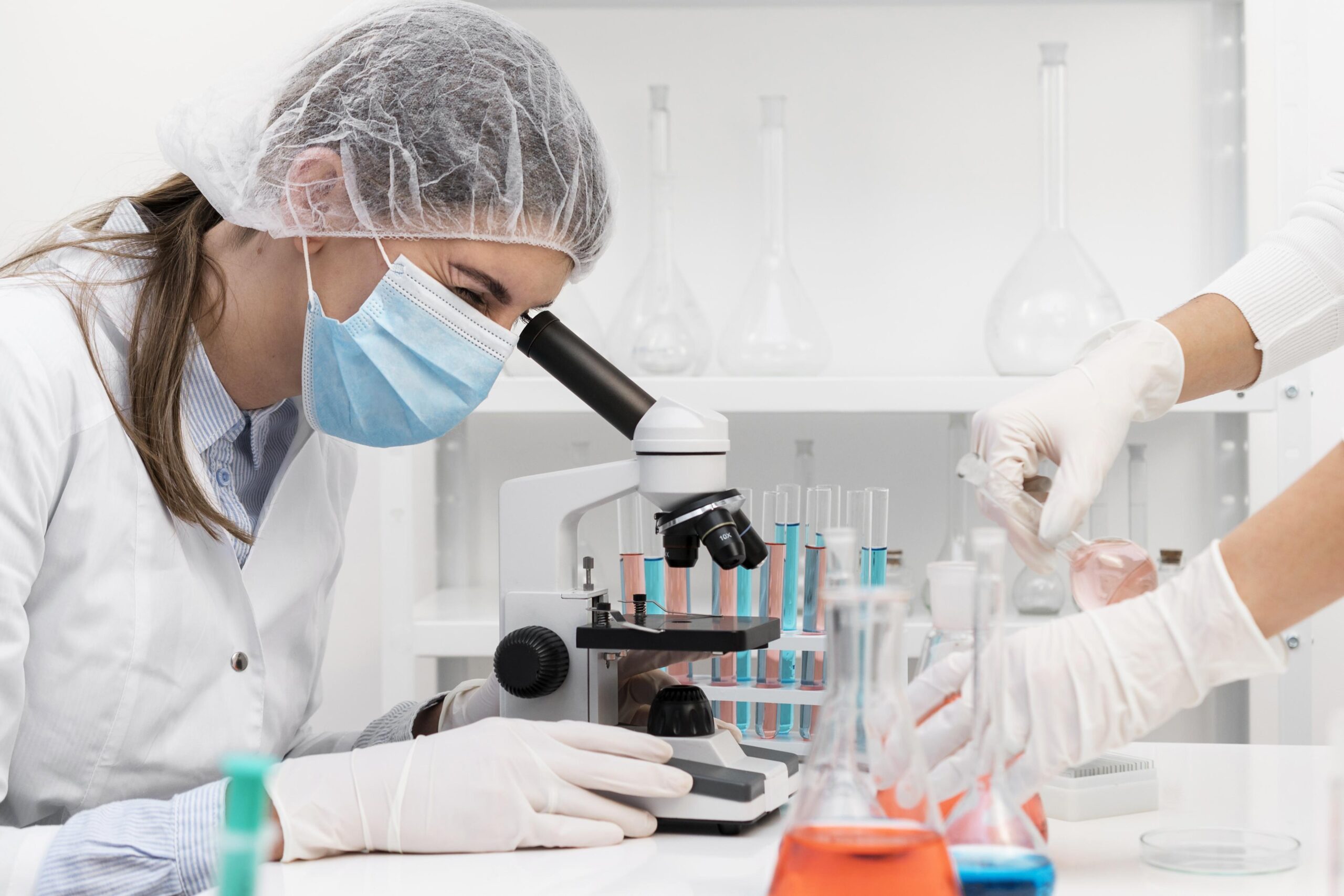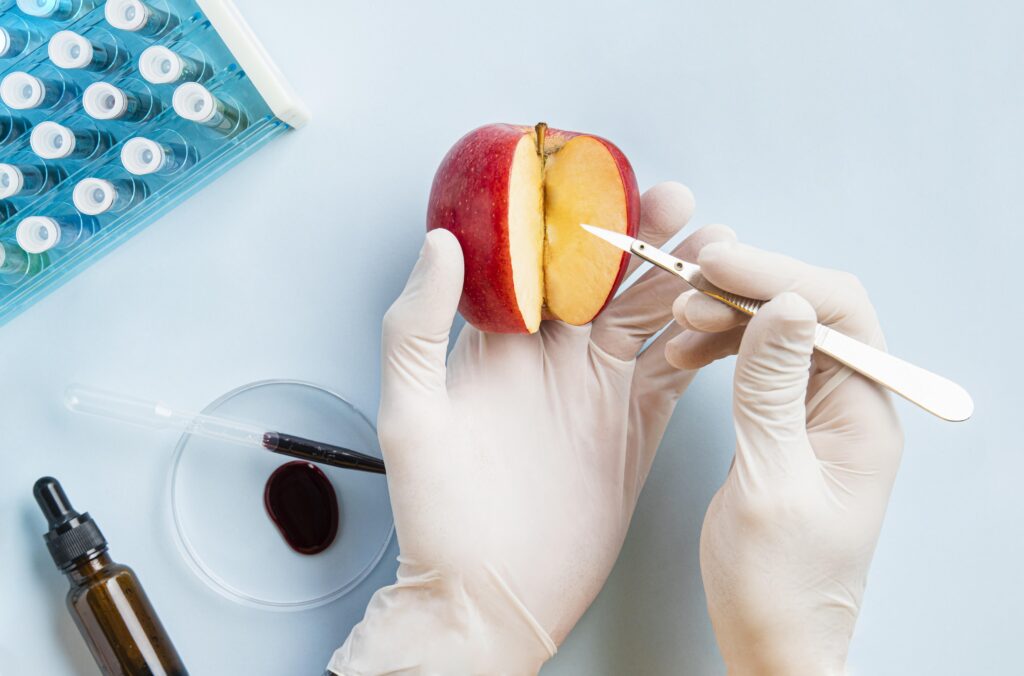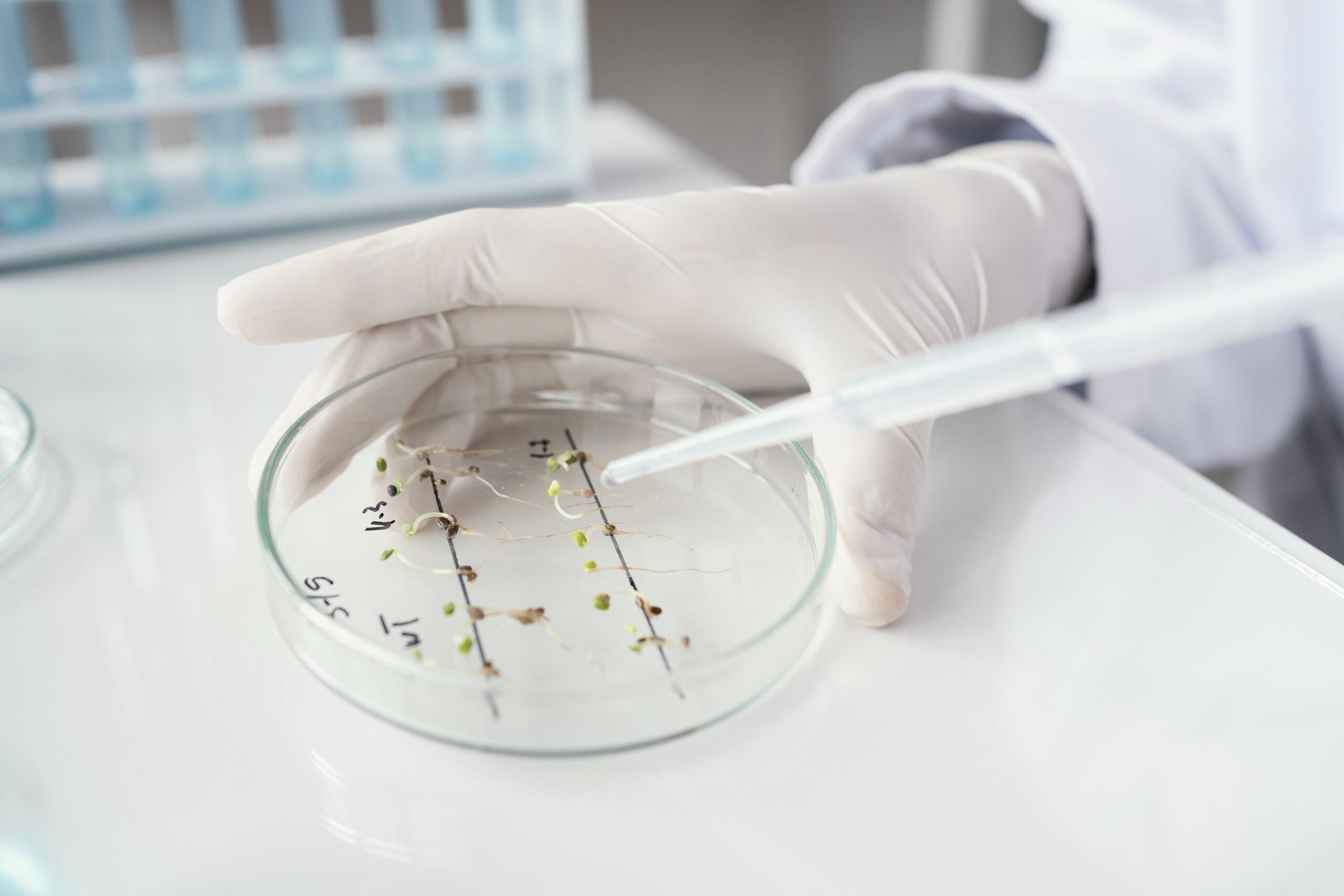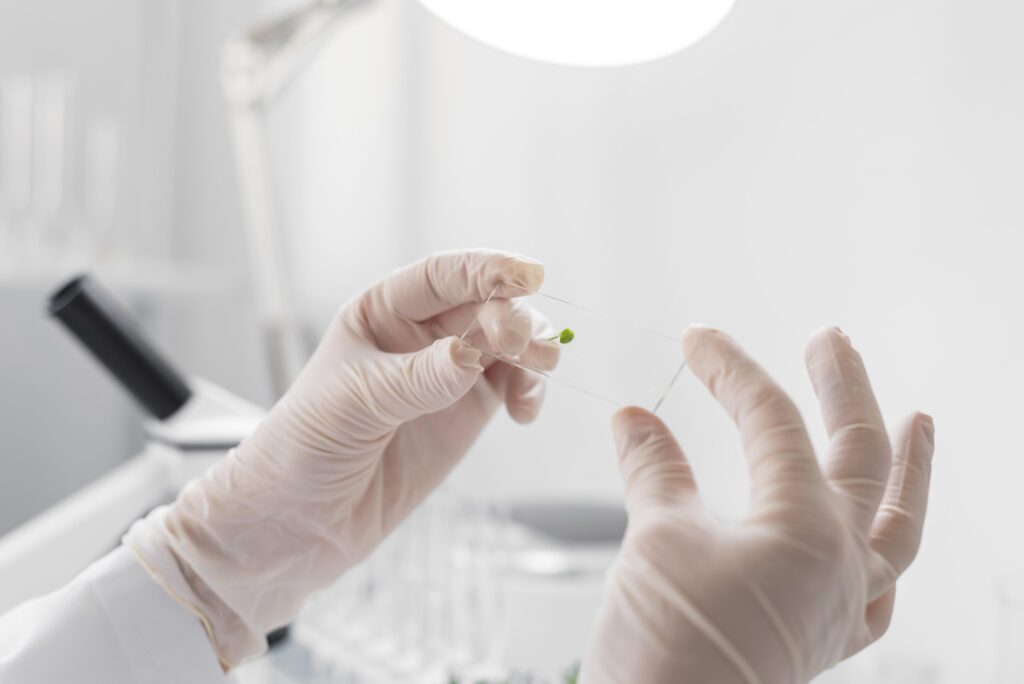Food safety is crucial in today's worldwide food supply chain and cannot be stressed enough. For consumer confidence and public health, our food must be free of dangerous toxins. To ensure the safety and quality of the food we eat, food contaminant testing is essential in identifying and removing these dangers. The importance of food contaminant testing, its procedures, legal requirements, and the function of an Indian food testing lab in preserving food safety will all be covered in this blog.
Understanding Food Contaminants
Three basic categories can be used to classify food contaminants: biological, chemical, and physical. Foodborne illnesses can be caused by bacteria, viruses, and parasites, which are classified as biological pollutants. Pesticides, heavy metals, and industrial chemicals are examples of chemical pollutants that can be dangerous to consume. Physical contaminants are foreign materials that, if ingested, can injure or sicken a person, such as glass, metal, or plastic.
The Role of Food Contaminant Testing
Food contaminant testing is the procedure of examining food samples to find out whether any dangerous materials are present. There are various reasons why this testing is crucial. The main objective is to protect public health because it greatly improves food safety by locating and removing pollutants. Additionally, it guarantees adherence to rules, assisting companies in avoiding recalls and legal consequences. Sustaining consumer trust and brand reputation through stringent food contaminant testing is another critical component. Additionally, food contaminant testing promotes trade by guaranteeing that food items fulfill the safety requirements of nations that import food.
Methods of Food Contaminant Testing
There are several methods used in food contaminant testing each appropriate for identifying particular kinds of pollutants. Microbiological testing entails pathogen identification, including viruses and bacteria. Chemical testing finds heavy metal and pesticide residues, among other residues. Physical testing employs techniques such as metal detection and X-ray inspection to detect foreign objects. Allergen testing guarantees that food products are free of allergens that may react negatively in those who are sensitive to them.
Regulatory Standards and Compliance
While national laws governing food safety differ, they usually follow global guidelines established by agencies like the Food and Agriculture Organization (FAO) and the World Health Organization (WHO). In India, the regulatory organization in charge of food safety is called the Food Safety and Standards Authority of India (FSSAI). Guidelines for food contaminant testing have been set by the FSSAI to guarantee the safety of food products. Food producers and importers must adhere to these requirements. Testing for food contaminants regularly helps companies comply with regulations, stay out of trouble, and guarantee consumer safety.
The Role of Food Testing Labs in India
Food testing labs play a vital part in the process of testing for food contaminants. These labs have the knowledge and cutting-edge equipment needed to thoroughly examine food products. There are many food testing laboratories certified by FSSAI and accredited by the National Accreditation Board for Testing and Calibration Laboratories (NABL) in India.
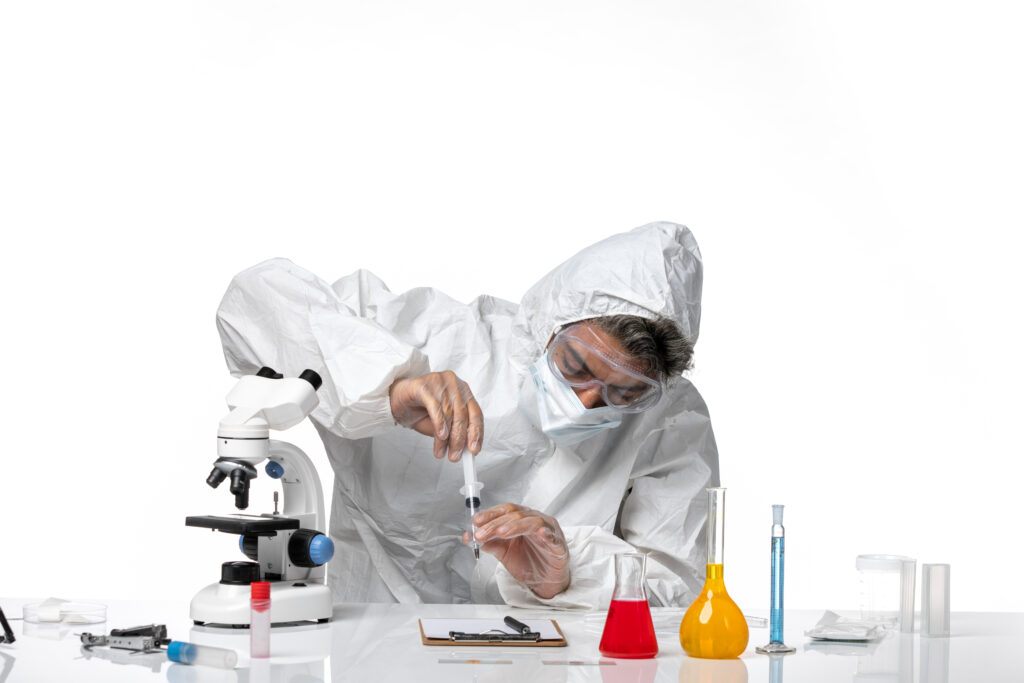
Food testing labs Utilizing cutting-edge tools and techniques, examine food samples for the presence of pollutants. Food goods must be certified by these labs to meet regulatory criteria to be sold and win over customers. To ensure that they can detect even the smallest quantities of toxins, they also conduct research and development to create new testing procedures and enhance current ones. To assist food manufacturers in understanding and adhering to food safety requirements, numerous labs provide training and advisory services.
There are various advantages to using an Indian food testing laboratory. Food goods are safe to eat because accredited labs produce trustworthy and accurate results. They use cutting-edge technologies to identify a wide range of contaminants and employ specialists in food safety. A certified lab increases consumer trust in the safety and quality of food goods, and working with a lab helps businesses stay out of trouble with the law and comply with FSSAI standards.
There are various advantages to using an Indian food testing laboratory. Food goods are safe to eat because accredited labs produce trustworthy and accurate results. They use cutting-edge technologies to identify a wide range of contaminants and employ specialists in food safety. A certified lab increases consumer trust in the safety and quality of food goods, and working with a lab helps businesses stay out of trouble with the law and comply with FSSAI standards.
Case Studies: Impact of Food Contaminant Testing
A batch of packaged salad greens was found to contain elevated amounts of E. coli in 2019 by an Indian food testing facility. A significant outbreak of foodborne illness was stopped by the lab's prompt response, shielding thousands of consumers from possible injury. The producer recalled the tainted batch and strengthened hygiene protocols to guard against contamination in the future.
An Indian seafood exporter found it difficult to satisfy the demanding safety requirements of the European market. The company was able to conduct routine tests on its products for pollutants like heavy metals and antibiotics by collaborating with a food testing facility. This maintained the company's market presence and brand while guaranteeing compliance with EU rules.
Future Trends in Food Contaminant Testing
New techniques and technologies are constantly being developed in the field of food contamination testing to improve detection capacities. By establishing transparent and traceable supply chains, blockchain technology can guarantee the safety of food items from farm to table. By examining vast datasets and finding trends, artificial intelligence, and machine learning can raise the precision and effectiveness of food contaminant testing. On-site testing will be possible with the introduction of rapid and portable testing kits, which will shorten the time needed for analysis and provide instant findings. Real-time food safety monitoring is possible because of the Internet of Things (IoT), which may provide information on temperature, humidity, and other variables that may have an impact on food quality.
Conclusion
A key component of ensuring food safety and quality is testing for food contaminants. It preserves customer confidence, assures regulatory compliance, safeguards public health, and promotes global trade. Food testing labs in India play a crucial role in this process by offering the knowledge and equipment required to identify and get rid of contaminants. The significance of food contaminant testing will only increase as the food business develops, propelled by technological breakthroughs and rising public consciousness of food safety concerns.
Food contaminant testing should be given top priority so that we can guarantee that the food on our plates is healthy, safe, and devoid of dangerous ingredients. The health of consumers and the food industry's long-term prosperity depend on this dedication to quality and safety.

